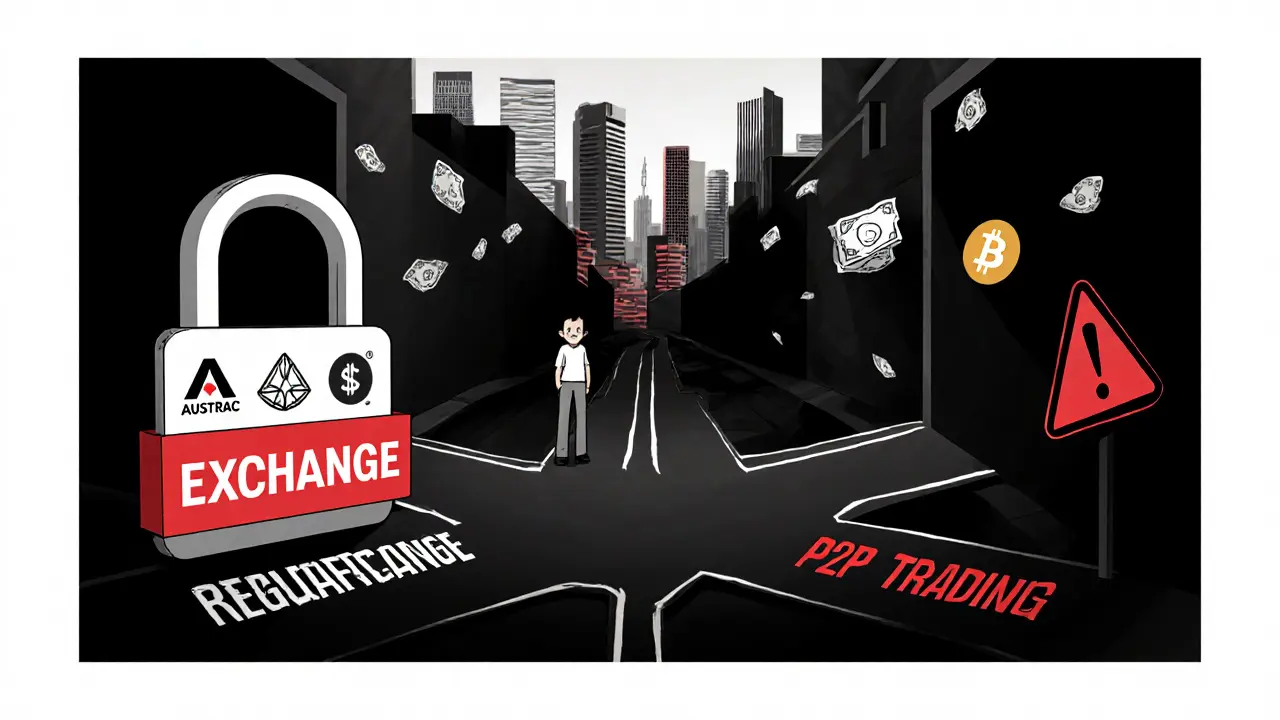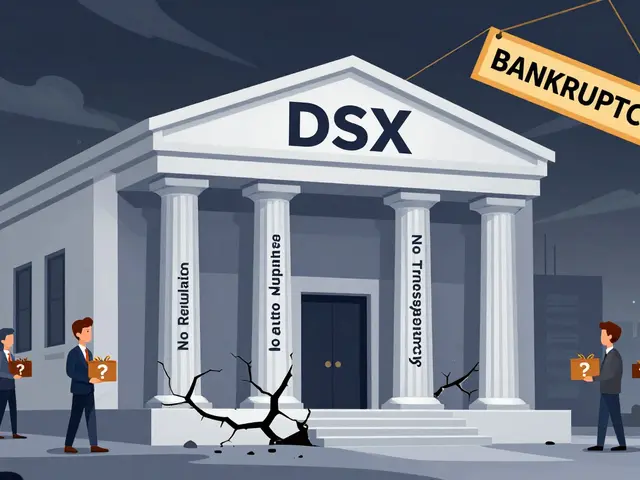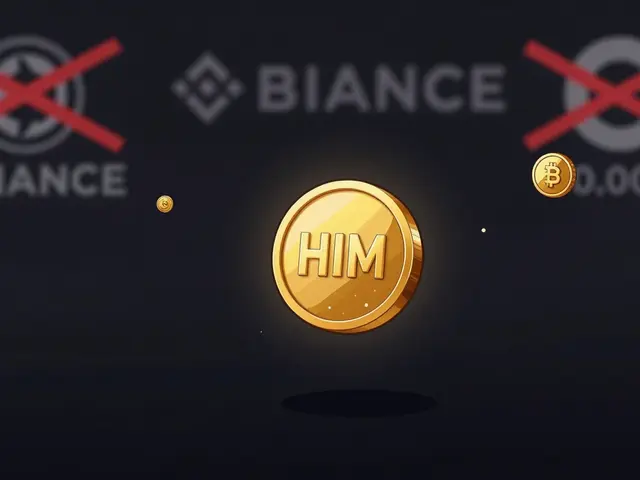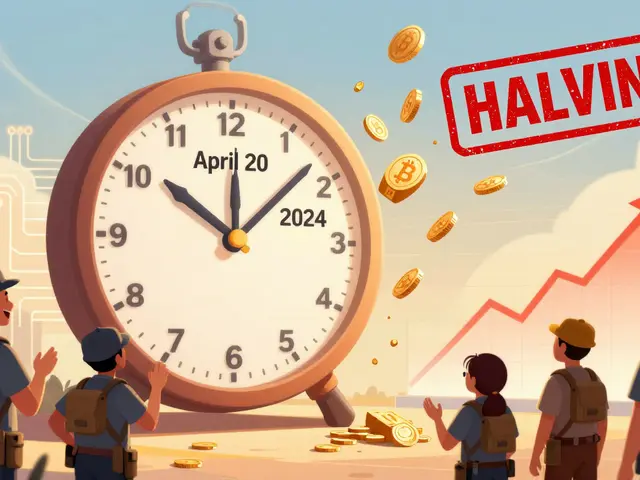Zcash Australia: Privacy Coins, Regulations, and How to Use ZEC in Australia
When you buy or use Zcash, a cryptocurrency designed for private transactions using zero-knowledge proofs. Also known as ZEC, it lets you send money without revealing sender, receiver, or amount—unlike Bitcoin or Ethereum, where every transaction is public. This makes Zcash one of the few coins that actually delivers on privacy, which is why it’s still relevant in Australia’s evolving crypto landscape.
Australia doesn’t ban Zcash, but it does track it. The ATO treats ZEC like property, just like Bitcoin. Every time you trade ZEC for AUD, swap it for another coin, or use it to buy something, you trigger a taxable event. If you’re holding ZEC in a wallet and never touch it, no tax is due—but the moment you move it, the record starts. There’s no special exemption for privacy coins, even if the transaction details are hidden. That’s why Australian users who care about privacy also care about record-keeping. Tools like Koinly or CryptoTaxCalculator are commonly used to track ZEC movements, even when the blockchain itself hides them.
Some Australian exchanges list ZEC, but not all. Independent traders often use peer-to-peer platforms like LocalCryptos or Hodl Hodl to buy ZEC with AUD, while others stick to larger platforms like CoinSpot or Independent Reserve that support ZEC trading pairs. But here’s the catch: even if an exchange lists ZEC, they might not support shielded addresses. That means you can buy ZEC, but if you want true privacy, you need to move it to a wallet that supports zk-SNARKs—like the official Zcash wallet or ZecWallet. Most exchange wallets only handle transparent addresses, so your privacy is already broken before you even try to use it.
There’s also a growing gap between what Zcash promises and what most users actually do. Many Australians treat ZEC like any other altcoin—buying it for speculation, not privacy. That’s fine if that’s your goal, but it misses the point. Zcash’s real value isn’t in its price chart. It’s in its ability to let you control who sees your financial activity. And in a country where crypto reporting is tightening, that control matters more than ever. The ATO has already flagged privacy coins as high-risk for non-compliance. So if you’re using ZEC, you need to know how to document it properly—or risk penalties.
What you’ll find below isn’t a list of ZEC price predictions. It’s a collection of real, practical guides from Australian users and crypto analysts who’ve dealt with Zcash’s quirks firsthand. You’ll see how people actually use ZEC in Australia, what exchanges still support it, how to set up a shielded wallet without getting lost in tech jargon, and why some airdrops and DeFi projects ignore ZEC entirely. There are also warnings about fake Zcash scams—because if you search for "Zcash Australia airdrop," you’ll get hit with a dozen fake sites trying to steal your keys. None of these posts are fluff. They’re all about what works, what doesn’t, and what you need to know before you touch ZEC in 2025.
Privacy Coins Banned on Australian Crypto Exchanges: What You Need to Know
Australia doesn't ban privacy coins outright, but exchanges can't list them due to strict anti-money laundering rules. Here's how the ban works, why it's happening, and what options Australians have left.





